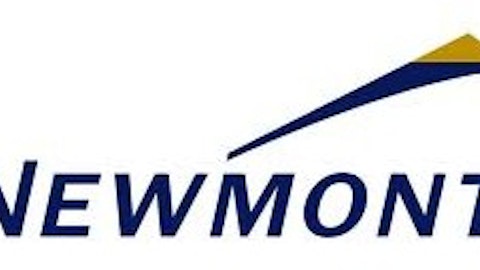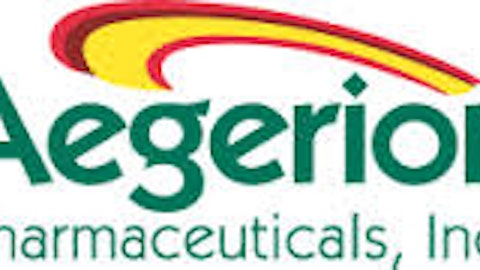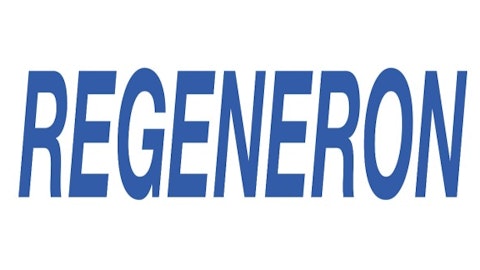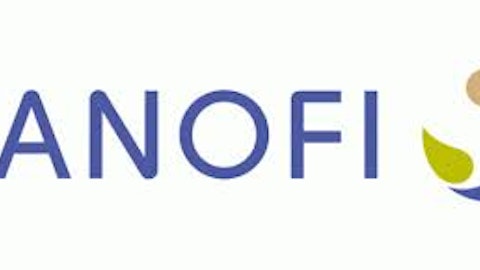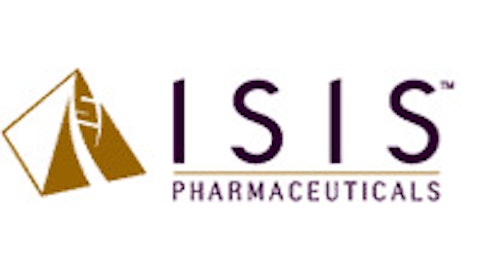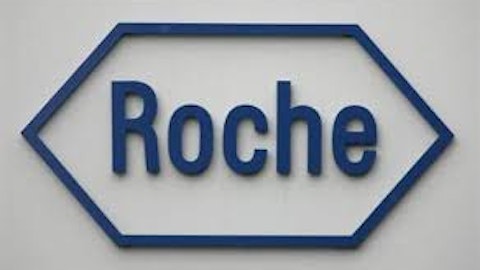Regeneron Pharmaceuticals Inc (NASDAQ:REGN) closed Tuesday down over 6% following a second quarter report that missed estimates. A particular cause for concern was the slowed sales growth for macular degeneration drug Eylea. Were investors right to run away?
If you Google Regeneron’s second quarter right now, you’ll see an odd mix of headlines touting either Eylea’s slowdown or its sales jump. So which is it? It’s both — and that’s why the devil is often in the details with these reports.
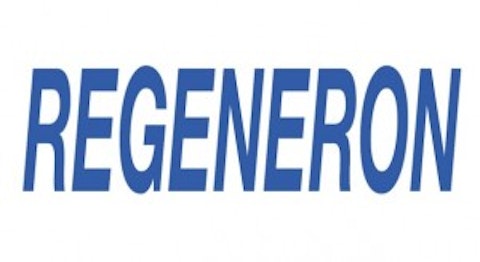
Eylea’s slowing — but there’s growth around the corner
Eylea has posted amazing year-over-year increases this year. The first quarter had a 153% sales jump from 2012. And this quarter’s net sales shot up 70% to $330 million. So the sales year-over-year have jumped.
That’s mainly because Eylea was first approved by the Food and Drug Administration in late 2011 so the year-on-year examples include last year’s launch period. The sales growth from quarter to quarter has been on the decline since Eylea’s launch in the fourth quarter of 2010. Here’s a look at the drug’s U.S. net sales and the growth:

Source: Company reports. Regeneron Pharmaceuticals Inc (NASDAQ:REGN) has full commercial rights to Eylea in the US but shares ex-US rights with partner Bayer.
There’s room for future growth through additional indications. And that future’s knocking on the door.
Tuesday also featured results from two late-stage trials using Eylea to treat diabetic macular edema, or DME, which is the leading cause of blindness in diabetes patients. Eylea outperformed laser surgery in improving vision. These results mean Regeneron Pharmaceuticals Inc (NASDAQ:REGN) will now file an application in the U.S. in 2013 — a year ahead of schedule.
Keeping up with the competition
Additional indications will add some more coal to Eylea’s engine. But a competing drug has had longer to collect them.
Roche’s Lucentis earned FDA approval in 2006 and has had time to pick up indications — including DME and less frequent dosing for macular degeneration. The latter indication was awarded in the first quarter this year and likely led to Eylea patients also reducing dosage frequency.
Lucentis had double-digit year-over-year declines in the second and third quarter of 2012. The loss narrowed in the fourth quarter thanks to the August DME approval. DME and the dosing approval combined to help Lucentis grow 9% in the first half of 2013 compared to last year’s troubles.
Adding indications for Eylea should bump growth up slightly but would at the very least offer more stability. Investors hoping to see more double-digit growths in the near future might leave disappointed. But Eylea isn’t the only trick up Regeneron Pharmaceuticals Inc (NASDAQ:REGN)’s sleeve.
Promising pipeline candidate
Regeneron’s leading a new class of PCSK9 inhibitors that treat severely high cholesterol. REGN727 is a partnered product with Sanofi SA (ADR) (NYSE:SNY) that entered a large phase 3 trial last year. So it will be a couple of years still before regulatory paperwork is filed.
